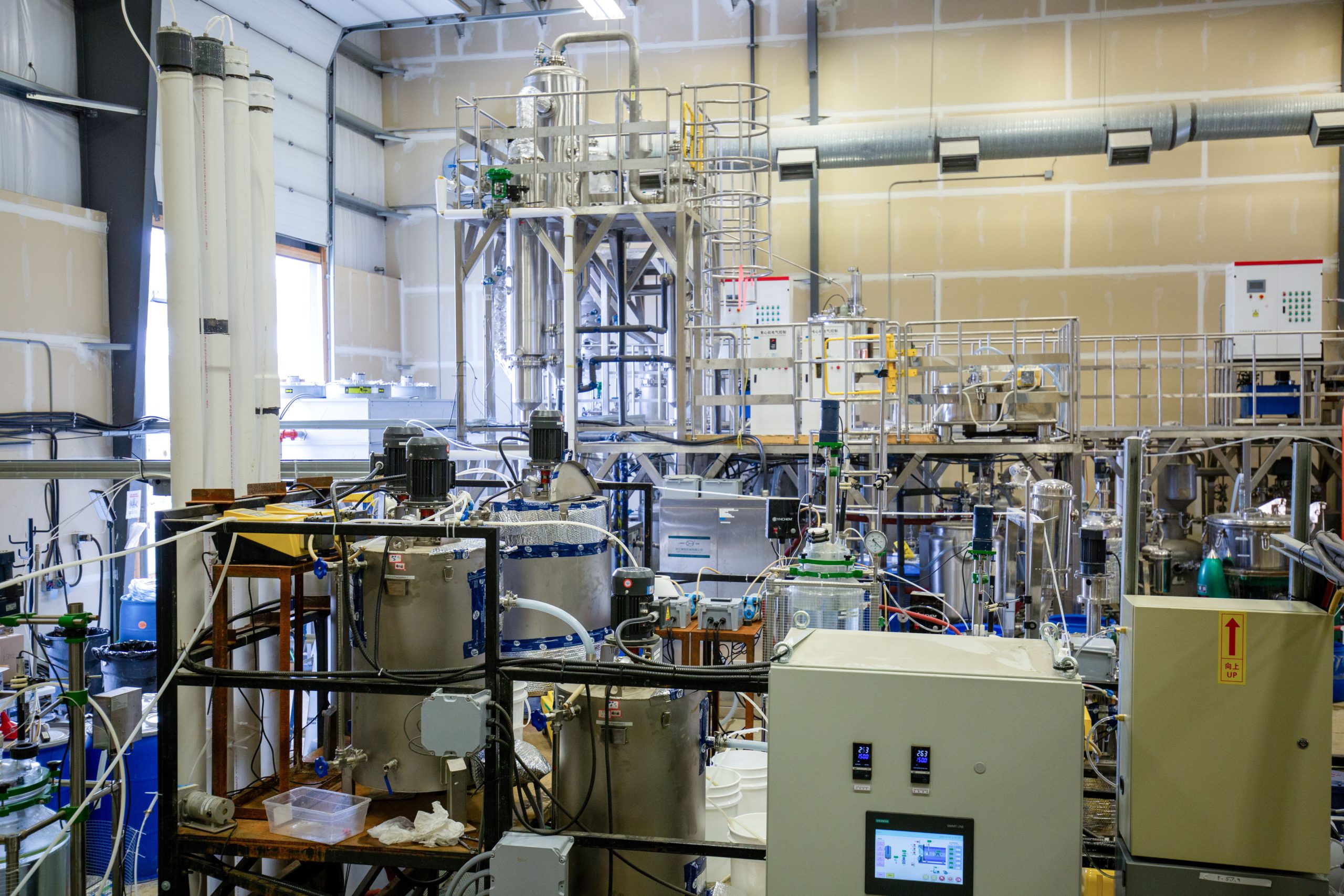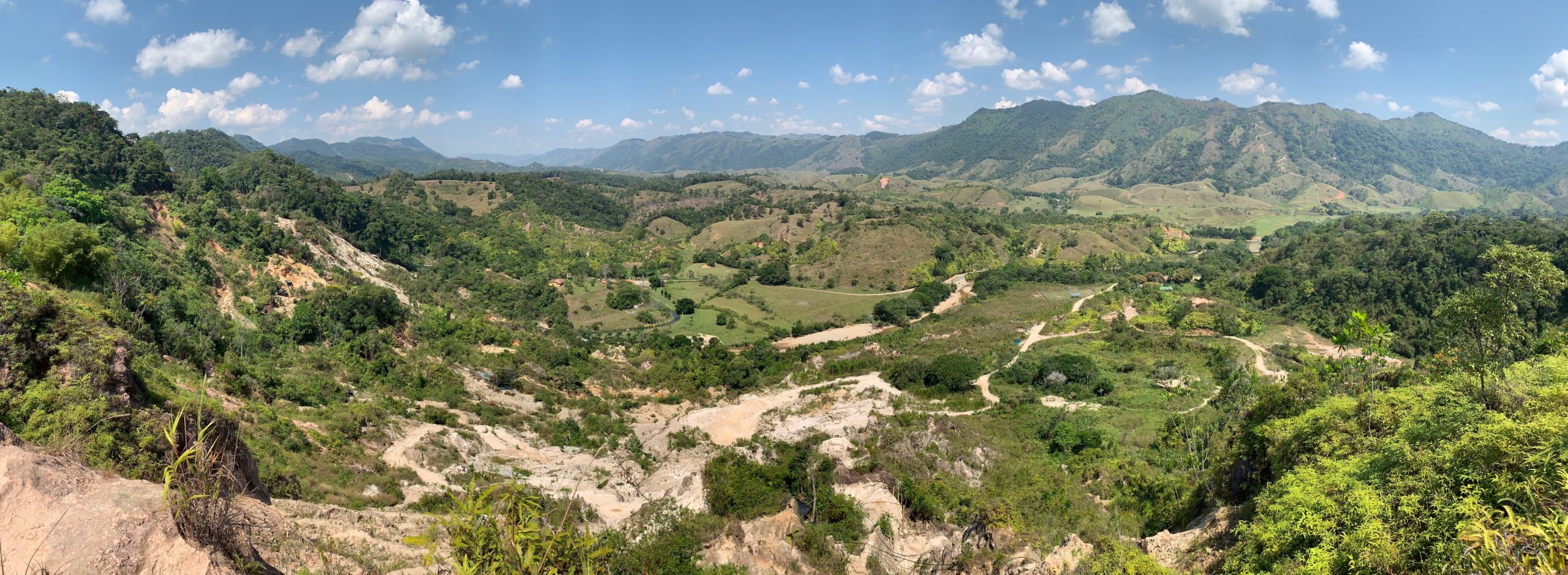A recent trend in resource taxation philosophy found on both sides of the world came to light recently. It would seem both Australia at the national level in the southern hemisphere and Quebec at the provincial level in the northern hemisphere are heading in the same direction on this topic.
New Australian Prime Minister Tony Abbott and his government believe the mining tax imposed by the previous government was damaging to investment and jobs. The government is in the midst of repealing the tax, which it believes "fundamentally undermined confidence in Australia as an investment destination."
The mining tax or "resource super profits tax" (RSPT), is a tax on any profit made by mining companies that is above 6% of their capital investment, in addition to corporate tax. Abbott's government claims scrapping the mining tax will mean workers will be an extra A$450 a year better off. The RSPT did not net the government the tax dollars anticipated.
Closer to home, a recent Canadian Press headline caught our attention. The article "Parti Quebecois mining bill scrapped; lacked opposition support" related that the Quebec minority government's bill to reform the mining industry was "scrapped because of lack of opposition support amid current economic concerns."
"The Parti Quebecois is expressing frustration over that turn of events, noting that the bill was already a watered-down version of the plan that it campaigned on and that it had incorporated opposition ideas. The party was elected last year on a platform that included a call for resource revenues to more than double, with a new royalty formula that would bring provincial coffers another C$388 million per year."
"The bill would have increased royalties (on minerals) by 15%. Mining companies would have been required to pay a minimum annual tax, based on extracted amounts, and a royalty on profits ranging between 16% and 23%."
In the Canadian Press article the Parti Quebecois is accused of "scaring off investors and having a hostile attitude toward the (Quebec mining) sector." There has been a strong industry reaction to proposed revisions to mining rules and regulations in Quebec. "According to newly released statistics, the mining sector has shrunk this year for the first time in a decade, with investments projected to decline 9.8% from the record high in 2012 – although a slowdown has also been seen outside the province."
In 2012, the Quebec mining industry generated revenues of C$8.2 billion, which accounted for 17.5% of Canada's total mineral production. A decline in Quebec's mining sector also affects Ontario's economy and the national economy. As a comparison, Ontario's mining industry was a C$9.2 billion business in 2012, the highest of all provinces and territories.
In the mining industry, Ontario and Quebec share many supply and service companies and head offices. A slip in business impacts employment in this province and the national balance sheet. What happens in the Quebec mineral sector slides over provincial borders and impacts us all.
A quick reflection on French history reminds us of a quote by a famous 17th century French economist. "The art of taxation consists in so plucking the goose as to obtain the largest possible amount of feathers with the smallest possible amount of hissing." This quote is attributed to Jean Baptiste Colbert, who was minister of finance to King Louis XIV.
This economist, who is acknowledged for his work of improving the state of French manufacturing and bringing the economy back from the brink of bankruptcy, knew that asking for more and raising tax rates can often net you less. Quebec and Canada – and Australia – are fortunate to have favourable geology, which can make natural resources a key and vibrant sector of the economy.
However, in order for that geological potential for mineral production to come to fruition, there must be in place an open, transparent and supportive political environment. Mining is a truly international business and competition for the production of various mineral products can come from any continent in the globe.
An understanding, supportive and stable political environment is necessary to attract multi-million mining investments which bring high paying direct and indirect employment, infrastructure development, increased exports and richer tax coffers to benefit us all.
*Peter McBride is manager of communications at the Ontario Mining Association (OMA.on.ca)





Comments
Robert Fisher
Has it been permanently shelved or simply delayed? I’m considering an investment that I shelved when PQ wad elected